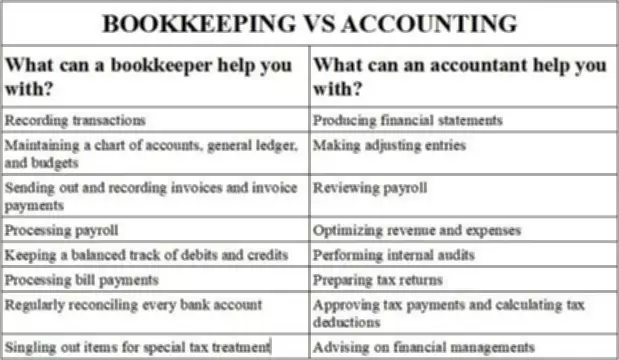Bearer bonds are still legally traded in the U.S., but regulatory and law enforcement agencies keep a close eye on issuances and transfers of these instruments to curb illegal activity. To facilitate the oversight, financial institutions must adhere to rigorous know your customer (KYC) and anti-money laundering (AML) protocols when dealing with bearer bonds. Interest payments on bearer bonds are made at regular intervals by issuers. To claim interest, bondholders must submit a coupon to the issuer.

Adam Hayes, Ph.D., CFA, is a financial writer with 15+ years Wall Street experience as a derivatives trader. Besides his extensive derivative trading expertise, Adam is an expert in economics and behavioral finance. Adam received his master’s in economics from The New School for Social Research and his Ph.D. from the University of Wisconsin-Madison in sociology.
How do I obtain a bearer bond?
The holder of the physical certificate is entitled to receive the principal amount and interest payments upon maturity. These bonds are transferable by delivering the physical certificate. It has not been legal to issue bearer instruments in the U.S. municipal or corporate markets since 1982.
- He currently researches and teaches economic sociology and the social studies of finance at the Hebrew University in Jerusalem.
- Due to regulatory changes, the issuance of new bearer bonds has become less common in recent years.
- This means that the security is traded without any record of ownership, so physical possession of the security is the sole evidence of ownership.
- Bearer bonds from before they were discontinued can still be redeemed with the government.
Even though bearer bonds have gone out of use in the past few years, you might still wish to understand more about it. Here, we shall go over everything you need to know about a bearer bond, including some security issues related to it, as well as the US Regulation limits on bearer bonds. For this reason, interest payments on bonds are referred to as coupons. The bearer of the bond certificate is presumed to be the owner who collects interest by clipping and depositing coupons semi-annually.
Meaning of bearer bond in English
The anonymity of a bearer bond makes it almost similar to cash in one sense. For instance, since there are no records attached to bearer bonds, there is no way in which you can recover it if you lose it. Disasters such as fires or floods can therefore prove to be devastating in terms of loss. It is impossible to trace a bearer bond, which means that you might not get it back once it has been stolen. Coupons that have been lost in the mail also pose a problem for interest payments. The lack of documentation makes it difficult for the heirs of the owners of bearer bonds as well.
For a while after this, it was still possible for US issuers to provide foreign investors with bearer bonds. However, at this point in time, even that has been almost eliminated. In 2010, another law was passed in the United States which removed the responsibility that had earlier been placed on brokerages and banks to redeem old bearer bonds. Government bodies and corporations in the U.S. widely issued bearer bonds between the late 19th century and the late 20th century. They were a popular form of financing because they were easy to transfer between parties and required minimal administrative effort following issuance. Moreover, when someone sells a registered bond in the secondary market, the listed owner is updated and the new owner receives the rights to the bond’s cash flows.
What are the reporting requirements for bearer bonds?
Even though bearer bonds can be traced back several centuries, these bonds became extremely popular during the US Civil War. However, bearer bonds have continued to hold significance not only in global finance, but popular culture as well. A U.S. law passed in 2010 relieved banks and brokerages from responsibility for redeeming old bearer bonds. The taxation of bearer bonds varies by jurisdiction, but generally, interest income from bearer bonds is subject to income tax. It’s essential to consult tax regulations in your country to understand the tax implications of holding bearer bonds.
He is a CFA charterholder as well as holding FINRA Series 7, 55 & 63 licenses. He currently researches and teaches economic sociology and the social studies of finance at the Hebrew University in Jerusalem. Rohit has extensive experience in credit risk analytics and data science.
Bearer Bond: Definition, How It Works, and Why They’re Valuable
You can read more about our commitment to accuracy, fairness and transparency in our editorial guidelines. Nearly all securities are now issued in book-entry form, meaning that they are registered in the investor’s name electronically. If you hold the bond to maturity, you can expect to be paid $6,000 of interest over the 10-year term, along with the return of your initial $10,000 investment on Jan. 1, 2034.
Money Laundering
Treasury is fairly easy and entails following their instructions to redeem old bearer bond payments. As times have progressed, federal agencies have been created to protect investors through various regulations and monitoring. Investing in securities is highly regulated and every transaction is registered. Though bearer bonds served their purpose in the late 19th century and in the 20th century, their lack of registration left them vulnerable to too much risk.
